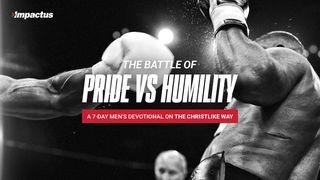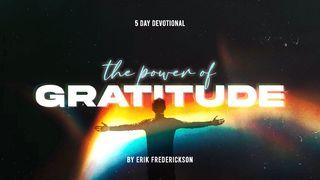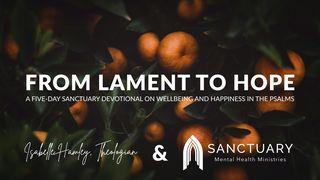RootedSample

In this particular proverb, the writer, Solomon, was sharing a truth we can all get behind. Essentially, he was asserting that things go well in life for kind people. For those who are cruel? Not so much. This makes sense, right? Most of us would agree that those who treat others well should benefit from those actions.
If we’re being honest, nobody wants to see the cruelest, harshest, meanest people in our worlds see much benefit at all. But, while the truth of this verse is easy to get behind when we’re talking about other people, it’s a little more challenging when we apply it to the way we treat ourselves. We’ve likely never considered that the cruel things we say and think about ourselves have the potential to ruin us. We don’t benefit from the unkind, harsh way we speak to ourselves. We don’t see growth, satisfaction, or reward. But if we choose kindness? That would all change! If we rooted our view of ourselves in compassion and kindness, we’d likely see a benefit we never expected.
So, give it a try this week! Practice kindness to yourself. Run the thoughts and words through the filter of this proverb and ask yourself, “Is this cruel, or is this kind?”
Scripture
About this Plan

Like a plant, our root system—our identity—is vitally important to our health. It’s how you see yourself in light of God, others, and the world. It’s what holds you when life changes, threatens, or causes you to question what’s true about you! We’ll look at how a healthy identity rooted in who God is will keep us strong, vibrant, and grounded no matter what comes our way.
More
Related plans

Satan, You Can’t Rule My Emotions

The Battle of Pride vs. Humility

The Power of Gratitude

Radical Relaxation: Your 5-Day Stress Release Plan

Lessons From Donkeys

Debt-Free by 31: 3 Biblical Keys That Made It Happen

From Lament to Hope: Wellbeing and Happiness in the Psalms

A Teen's Guide To: Learning to Be Fearless Through Jesus

Reconciling Grace
